Silicon Valley and its New York counterpart Silicon Alley have long reigned as the main coastal hubs for tech innovation.
Founders, venture capitalists, and tech employees flock to the Bay Area and New York City to launch and build startups, fund new ideas, and simply just live among their tech-obsessed brethren.
But there’s a new wave of companies eschewing the Valley/Alley life in favor of building their startups in their hometowns or in less tech-focused metros. Now, places like Utah, Seattle, Boston, and Colorado are becoming hubs for enterprise and consumer startups.
We’ve compiled a list of exciting startups outside of New York and San Francisco by talking to investors, fellow journalists, andactive members of the tech scene. Unless otherwise noted, all funding information comes from venture capital database PitchBook.
Below are some of the most exciting startups from cities across the US.
Uptake is helping to improve some of the nation's oldest industries.
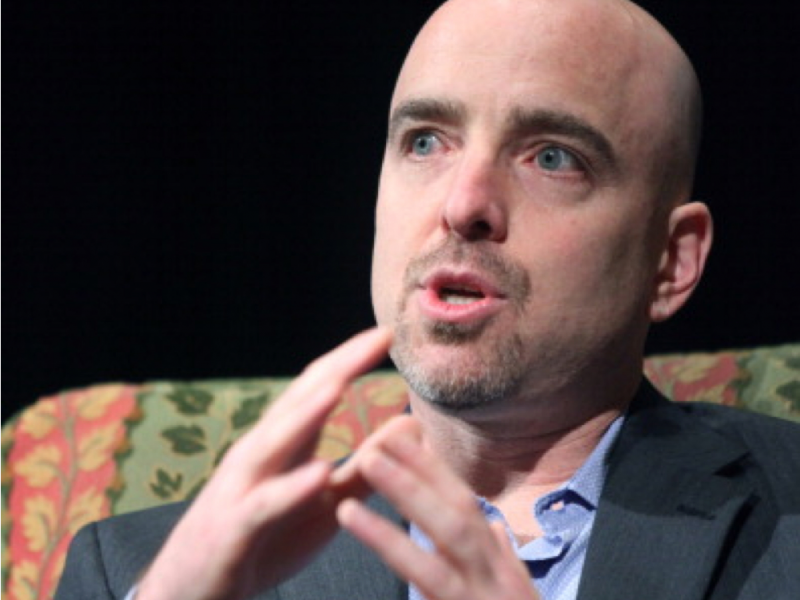
Where it's from:Chicago, Illinois
What it is: Uptake uses analytics and predictive software to increase safety and enhance performance for companies in industries like construction, aviation, mining, and rail, according to Forbes. Uptake was founded by Groupon cofounder Brad Keywell and has the backing of construction-equipment giant Caterpillar.
Founder: Brad Keywell
Funding: $51 million from Lightbank, Caterpillar, GreatPoint Ventures, and New Enterprise Associates.
Hudl is a tech tool for sports teams.

Where it's from: Lincoln, Nebraska
What it is: Hudl is a key component in helping more than 100,000 sports teams nationwide win games. The startup allows coaches to record or upload video to its platform, annotate it with text, drawings, or voice, and share it with players on their mobile devices.
Founders: David Graff, Brian Kaiser, and John Wirtz
Funding: $77 million from Accel Partners, Nelnet, Nebraska Angels, and others.
Heptio wants to take Kubernetes mainstream.

Where it's from:Seattle, Washington
What it is: In 2014, Google released the free software Kubernetes - a tool to manage and maintain huge piles of containers that's based on the tech it had developed for the same function. Kubernetes became a smash hit, with developers all over the world using it to get a little bit of that Google magic in their own computing infrastructures. Now two of its founding team members have launched a new startup, Heptio, to turn it into a business and make it accessible to enterprises everywhere.
Founders: Joe Beda and Craig McLuckie
Funding: $8.5 million from Accel and Madrona Ventures.
Pindrop Security can pick up when someone is trying to steal your identity over the phone.

Where it's from:Atlanta, Georgia
What it is: Pindrop Security is a fraud prevention and authentication tool that's now being used in three out of the top four banks. The company has spent the last five years building up a digital library of audio traits that can pinpoint where and what kind of call is coming through. If the service or the geography seems like an anomaly, or if it looks like the same kind of phone print that it's picked up over and over again, then Pindrop can flag the call as a possible risk.
Founder: Vijay Balasubramaniyan
Funding:$122 million from CapitalG, GV, Felicis Ventures, Andreessen Horowitz, and others.
Starry wants to supercharge your internet.

Where it's from: Boston, Massachusetts
What it is: Launched in January 2016, Starry will sell wireless equipment that will deliver supercharged internet speeds up to 1 gigabit per second. That's fast enough to download a two-hour movie in just a few seconds.
Starry makes a receiver called the Starry Point that hangs out your window like an antenna. You can hook up your own wireless receiver or use its own Starry Station, a $250 device that can tell you right from its screen how fast your internet is performing.
Founder:Chet Kanojia
Funding: $30 million, backed by FirstMark Capital, Tiger Global, and others.
SendGrid is proving that email isn't dead.

Where it's from:Denver, Colorado
What it is: If any startup can prove email is not dead, it's SendGrid. This 7-year-old startup, which makes email marketing and tracking tools, is profitable, expects to generate $100 million in revenue next year, and has signed up over 42,000 paying customers, including some of the largest tech companies like Uber, Airbnb, and Spotify.
Its CEO, Sameer Dholakia, calls SendGrid the "Twilio for email" because of its simple API structure that makes it easy for any company to gain access to its email management platform. The Twilio analogy doesn't stop there - the company could go public in 2017, according to VentureBeat.
Founders: Tim Jenkins, Jose Lopez, and Isaac Saldana
Funding: $80.36 million from Bain Capital Ventures, Bessemer Venture Partners, Founders Fund, and others.
Jamf is helping IT pros manage Apple.

Where it's from:Minneapolis, Minnesota
What it is: What started out as a bootstrapped company founded by two IT guys who loved Macs has become a full-fledged phenom. Jamf makes software that lets companies manage hundreds or thousands of Macs and iOS devices. The company boasts more than 9,000 customers - including one of the world's biggest Mac users, IBM - and has over 38,000 members in its Jamf Nation, an online community for Apple IT professionals.
Founders: Chip Pearson and Zach Halmstad
Funding: $30 million from Battery Ventures, Dell Ventures, GSV Capital, and Summit Partners.
Nowait lets you get in line at restaurants without leaving your house.
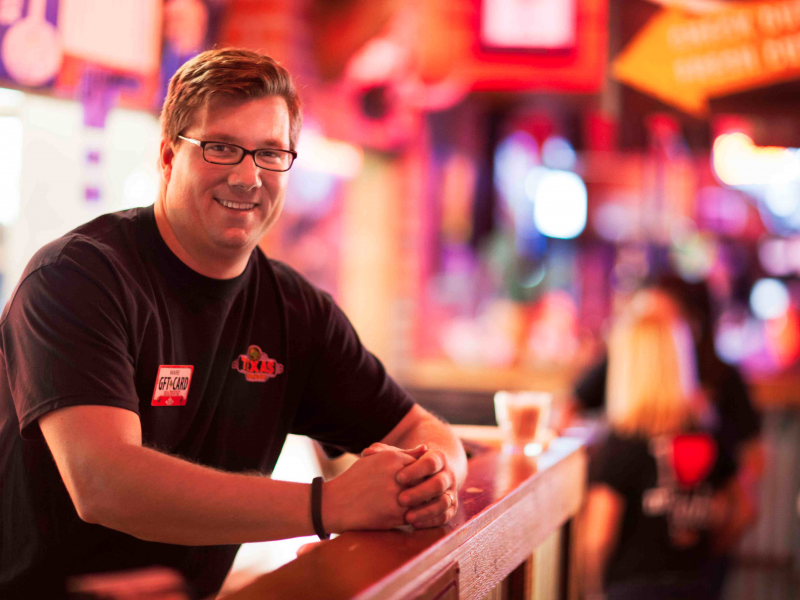
Where it's from:Pittsburgh, Pennsylvania
What it is:Nowait allows users to virtually "get in line" at a restaurant and track their place without stepping foot through the door ahead of time. In August, Yelp made an $8 million investment in Nowait and and integrated Nowait's technology into the Yelp app. Now, if Yelp users find a restaurant they like, they're now able to get in line using Nowait directly within the Yelp app.
Founder: Robb Myer
Funding: $22 million from Yelp, Birchmere Ventures, Carnegie Mellon University, and others.
Bellhops wants to take the pain out of moving.

Where it's from: Chattanooga, Tennessee
What it is: Bellhops is an on-demand startup for moving. The Tennessee-based company operates in more than 50 cities nationwide and is staffed by local college students. What sets Bellhops apart from other movers is its convenience: you can instantly get a quote online, reserve a moving crew for $1, and choose from three different types of moves.
Bellhops best serves small-scale moves (up to two bedrooms) and uses algorithms to make the whole thing more affordable.
Founders: Stephen Vlahos and Cameron Doody
Funding: $22 million from Canaan Partners, Lowercase Capital, Alexis Ohanian, and others.
Invincea built a super-fast way to stop ransomware.
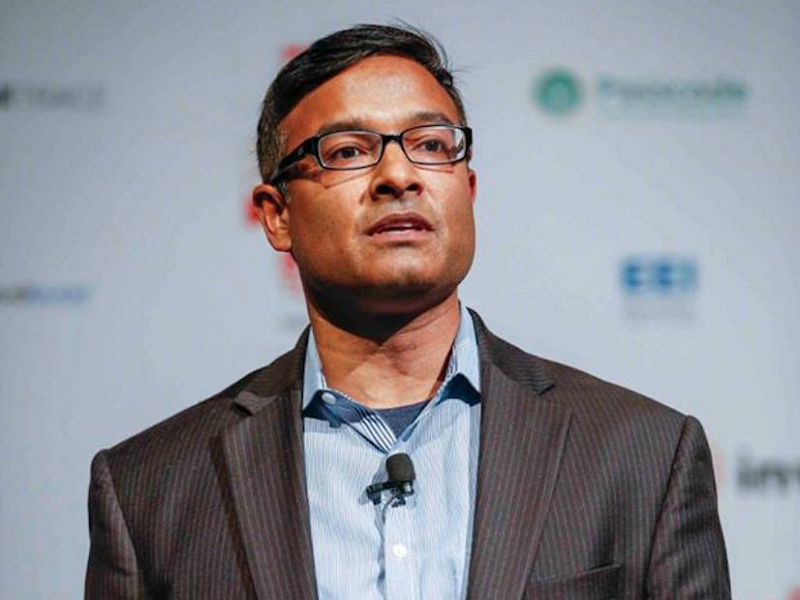
Where it's from: Fairfax, Virginia
What it is: Invincea offers a next-generation antivirus product that can stop, among other things, ransomware, a hack attack that locks up a computer and demands a ransom.
Its claim to fame is speed. It can identify and stop malware in less than 20 milliseconds, so it doesn't slow a computer down as it works to protect it.
Founder:Anup Ghosh
Funding: $47.4 million from Dell Ventures, Grotech Ventures, and others.
OfferUp is eBay and Craigslist rolled into one.

Where it's from: Seattle, Washington
What it is: OfferUp is making waves as a mobile-only hybrid of Craigslist and eBay. The company is said to have surpassed the early days of eBay in terms of sales volume, and its users are said to be spending the same amount of time on OfferUp in a day as they do on Snapchat or Instagram.
Founders: Nick Huzar and Arean Van Veelen
Funding: $222 million from GGV Capital, Andreessen Horowitz, GGV Capital, and others.
Cylance is using artificial intelligence to outsmart hackers.

Where it's from:Irvine, California
What it is: Cylance built a product that uses artificial intelligence to analyze a file you're about to open, determine if it's malware, and then stop it from executing - all in less than a second. It solves the problem of email phishing scams, which are still a favorite method of hackers, and it says it has over 1,000 customers. Cylance was founded by Stuart McClure and Ryan Permeh, two well-known names in security who are perhaps best known for their work at McAfee.
Founders: Stuart McClure and Ryan Permeh
Funding: $177 million from Insight Venture Partners, Khosla Ventures, and others.
Simple takes the millennial approach to banking.

Where it's from:Portland, Oregon
What it is: Simple wants to build a more modern bank. The company focuses on a combination of encouraging saving while tracking spending, all on a minimalist mobile platform. There are no physical bank branches - instead, Simple uses fee-free ATMs inside places like CVS, 7-Eleven, and Walgreens. There are no overdraft fees, late fees, or any other more traditional banking fees. The company makes money splitting interest margins with its partner bank and splitting the service fee on debit-card purchases.
Founders:Shamir Karkal and Josh Reich
Funding: $15 million from Shasta Ventures, First Round Capital, Lerer Hippeau Ventures, and others.
ScienceLogic is watching the cloud to $100 million-plus in revenue.

Where it's from:Reston, Virginia
What it is:ScienceLogic helps companies locate and monitor all of their IT assets in the company's own data center or in the cloud.
The rise of cloud computing has been very, very good for this company: ScienceLogic's revenue under contract - its bookings - increased from about $30 million in 2014 to $100 million in 2015, CEO Dave Link told Business Insider earlier this year. He expects big growth for 2016, too, although he wouldn't share the target number.
Founder: Dave Link
Funding: $84 million from Goldman Sachs Group, Intel Capital, and New Enterprise Associates.
Nucleus is building the intercom of the future.
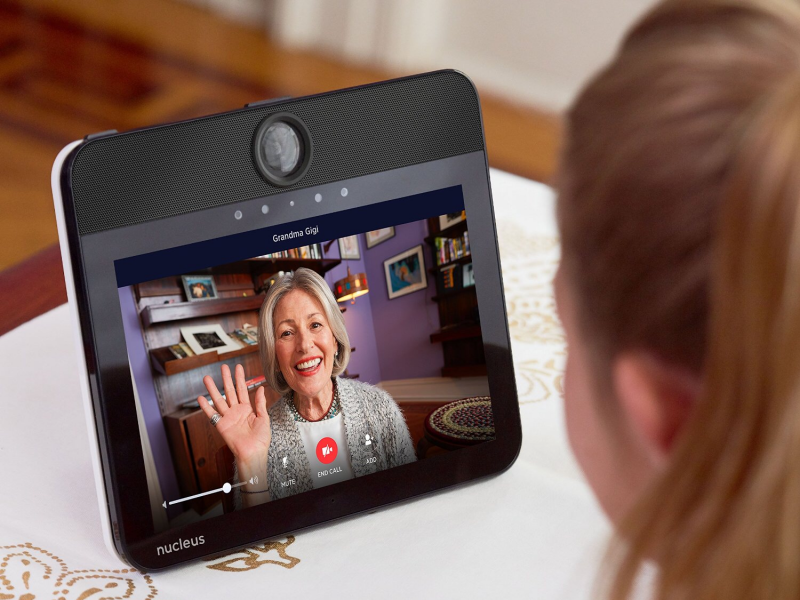
Where it's from: Philadelphia, Pennsylvania
What it is: Intercoms aren't the sexiest home technology, but Nucleus wants to turn it into one of the most useful. Backed by Amazon, the startup built a touch-screen device that can be placed anywhere inside a home and responds to voice commands using Amazon's Alexa technology.
It's a lot more than a typical intercom: the Nucleus also lets you audio and video chat between rooms or with other homes that have the system. Plus, you can tap into Alexa to do things like read headlines or listen to music. Nucleus went on the market in August and sold out on Amazon on the first day.
Founder:Jonathan Frankel
Funding: $9 million from The Alexa Fund, SV Angel, and others.
Qualtrics is an IPO-bound market research company.
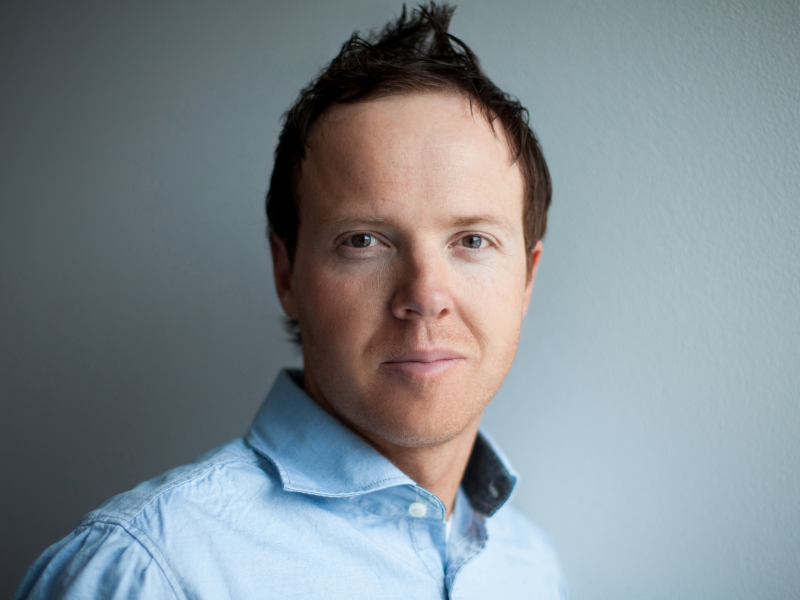
Where it's from: Provo, Utah
What it is:Qualtrics offers software for doing sophisticated surveys, market research, and analysis. It sprang into the Valley spotlight in 2012, when the tech world discovered that this family startup had bootstrapped its way to big growth and profitability.
At one point, its young 30-something CEO, Ryan Smith, had an acquisition offer of $500 million in one hand and seven term sheets from major VC firms in the other. He turned down the offer and decided to grow the company himself.
Founders: Ryan Smith and Jared Smith
Funding: $220 million from Sequoia Capital, Accel Partners, and Insight Venture Partners.
Lola is the 21st century travel agent.

Where it's from: Boston, Massachusetts
What it is:Founded by Paul English, one of the cofounders of Kayak, Lola is lifting the travel agent industry into the 21st century. Lola works as a chat appto connect travelers to a team of consultants who can take care of every step of the planning process. The app uses a combination of artificial-intelligence technologyand an experienced staff to provide travelers with an alternative to many of the do-it-yourself travel websites.
Founder: Paul English
Funding: $20 millionfrom investors including General Catalyst and Accel.
Convoy wants to revamp the multibillion-dollar trucking industry.

Where it's from: Seattle, Washington
What it is:Convoy wants to be the "Uber for trucks": an online service that, with the click of a button, lets shippers order a truck and keep track of drivers. Convoy cuts out a costly and time-consuming aspect of the trucking industry - brokers - by companies who need things shipped directly to the trucking companies.
Founders: Dan Lewis and Grant Goodale
Funding: $18.5 million from Greylock Partners, Bezos Expeditions, Marc Benioff, and others.

